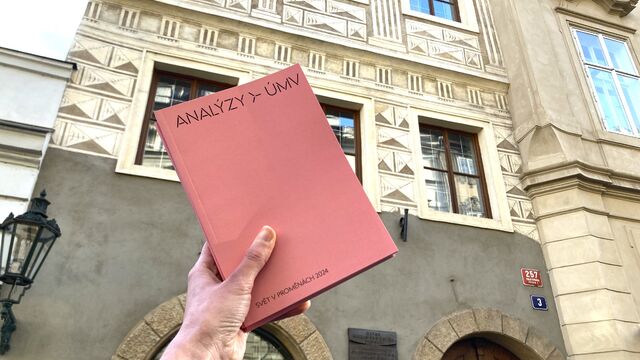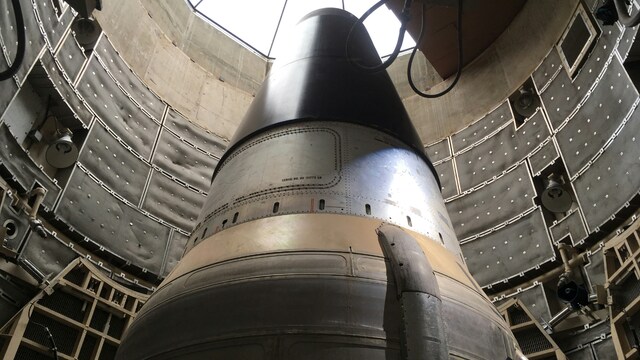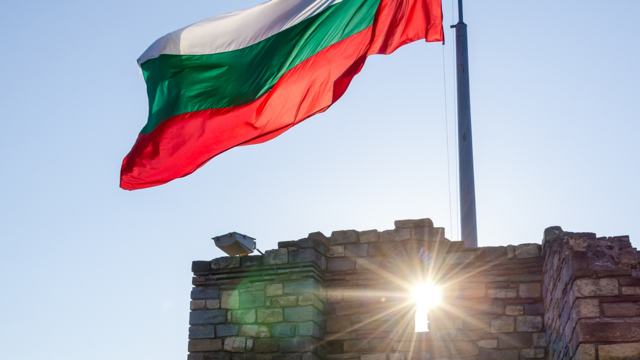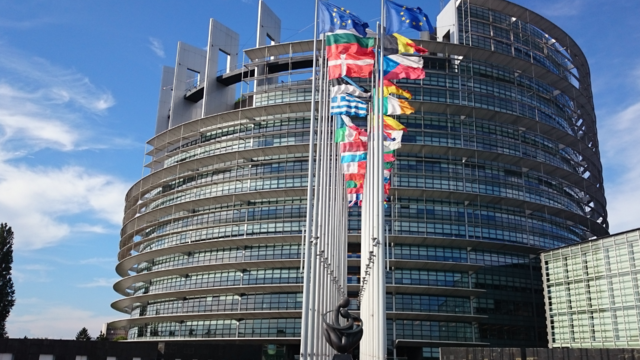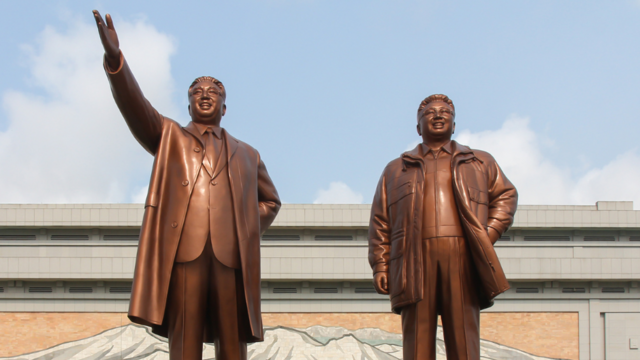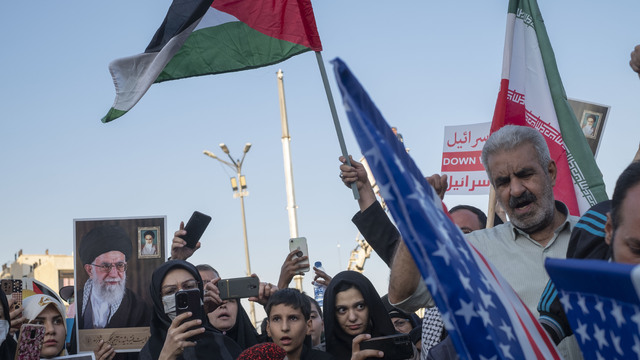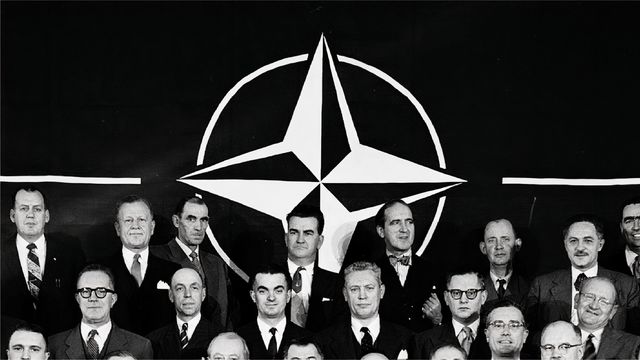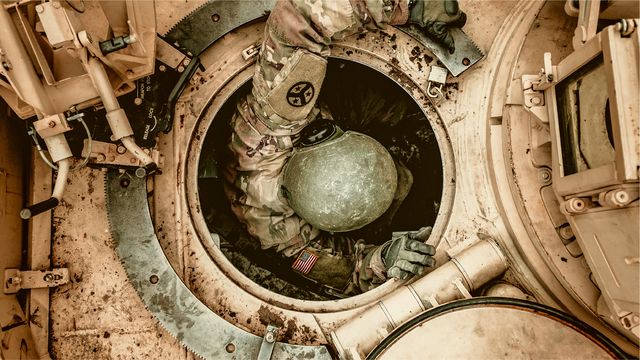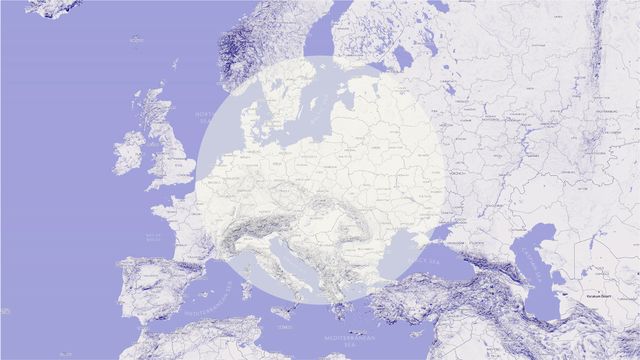Breaking the Deadlock on the Next NATO Secretary General
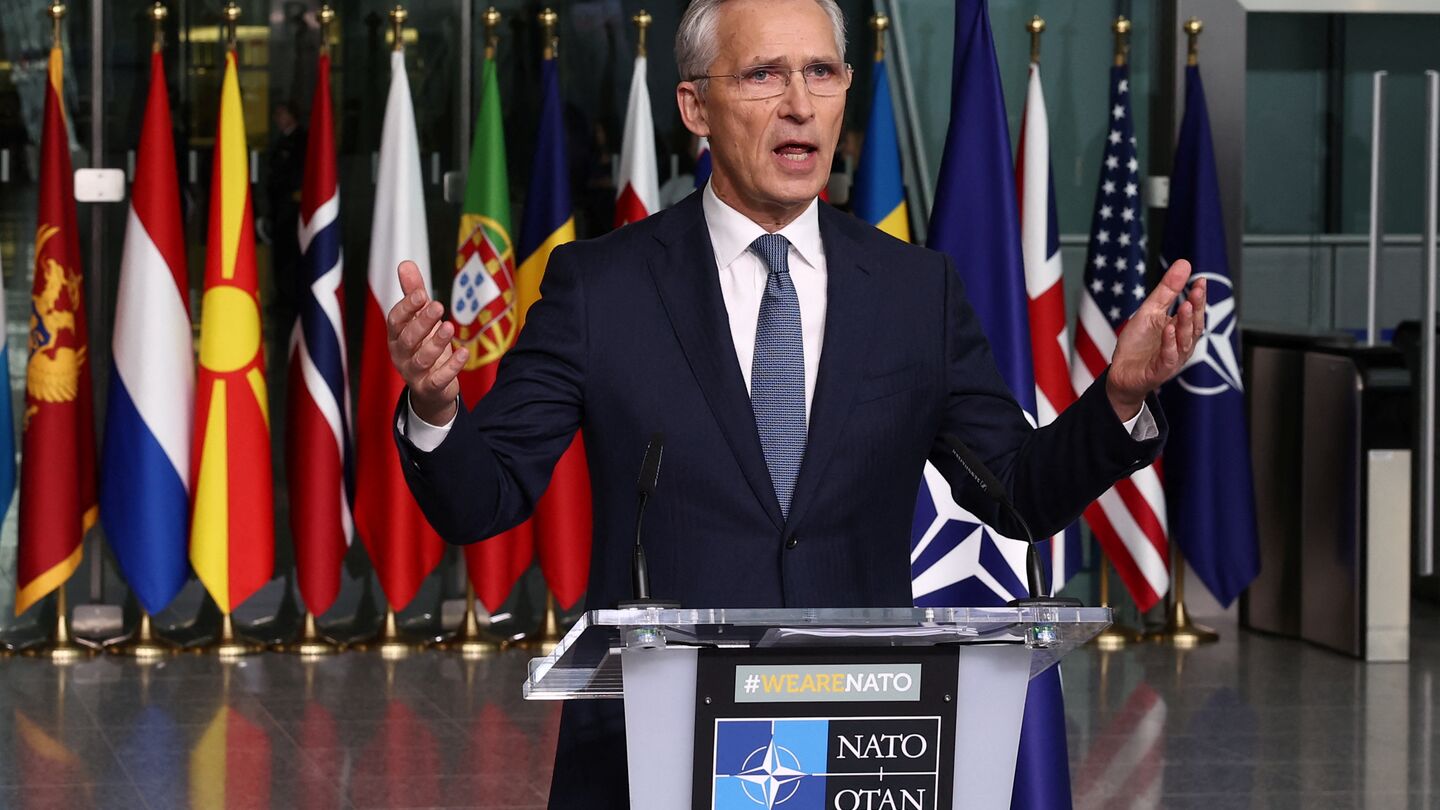
With Jens Stoltenberg's tenure drawing to a close, NATO faces a leadership succession crisis amid shifting alliances and mounting challenges.
The return of full-scale war to Europe is an illustration of the renewed great power competition in world politics. Russia’s actions were intended to prevent further deepening of ties between Kyiv and the West personified by the United States and NATO in particular. The war put the Alliance under a significant stress militarily, politically, logistically, and conceptually. It forced many member states as well as the Alliance itself to reconsider their mutual relations with Russia. This has been translated into a changing dynamic within NATO too. The member states on the Eastern Flank were spearheading the military support to Ukraine and they are rapidly increasing their defence expenditures. No wonder then that these countries want to have their voice in the Alliance better heard and represented. Partially for the very same reason, NATO is facing a leadership succession crisis of sorts. Jens Stoltenberg – the second longest serving Secretary General of NATO – held the top position in the Alliance for ten years already and the member states were unable to agree upon his successor at the Vilnius summit in 2023. The heads of state or governments of NATO members will thus face the same leadership issue during the Washington summit in 2024. It is in the Czech interest to solve this question and to contribute constructively toward achieving that. The Secretary General of NATO plays a vital part in preserving consensus and keeping the Alliance effective, which is essential for managing the great power competition in Europe and keeping the transatlantic relations strong and working.
A Key Post in an Uncertain Time
The role of the NATO Secretary General rests, first and foremost, in his/her ability to maintain unity and carve out compromises even under adverse circumstances. Jens Stoltenberg turned out to be extremely efficient in doing precisely that, which was one of the main arguments in favour of prolonging his tenure during the ongoing war in Ukraine. He assumed the office a few months after the annexation of Crimea and he managed to navigate the Alliance through the process of transformation characterised by the shift of attention from out-of-area operations to more traditional defence and deterrence. It was no small feat to lead the Alliance in the years overlapping with the presidency of Donald Trump and he will be remembered for facilitating the adoption of the new Strategic Concept too.
It is unlikely that the next Secretary General will leave a similar footprint in NATO history. It is not only that the position tends to be occupied for a much shorter period of time, but the Strategic Concept is not going to be amended for at least the next decade. Moreover, the process of NATO’s internal adaptation to the new security environment has already begun and it is proceeding at a steady pace. The war in Ukraine is probably not going to end very soon and the question of Ukraine’s entry into the Alliance will not have to be resolved by Stoltenberg’s immediate successor. Hence it would be reasonable to have realistic expectations and not to look for another ‘Stoltenberg’ to fill his shoes.
This, however, does not mean that the future head of the Alliance will have several easy years in office. He or she will deal especially with strengthening the Eastern Flank and securing sufficient long-term military support to Ukraine for as long as it takes, both of which are also in the national interest of the Czech Republic. These tasks might prove challenging given possible shifts in foreign and security policy priorities after the upcoming elections in several key member states, including the United States. Not to mention the urge in Washington to deal with the rising tensions in another theatre of renewed great power competition, namely that in East Asia.
How is he/she going to be selected? There is no fixed guidebook for manning the position of the General Secretary of NATO. The analysis of established practices and contextual factors nevertheless offers at least some hints as regards who might be considered for the job.
The top civilian position within the Alliance is, without exception, always held by a European. For that reason, if the position were filled by the Canadian minister Chrystia Freeland, who is a frequently mentioned contender for the top job, it would be an aberration, and it would be even more so if another North American was, by default, commanding the SHAPE. It probably wouldn’t matter very much that she meets two other important criteria, namely those of gender and governmental experience. Virtually all the previous Secretary Generals served either as heads of government, foreign ministers, or ministers of defence before they took the position in NATO. But the gender requirement significantly limits the pool of suitable candidates. Although the next leader of NATO is expected to be a woman, the number of female Europeans with suitable governmental experience is rather limited due to the persistent underrepresentation of women in politics.
The picture gets even worse when one looks for possible candidates coming from member states that entered the Alliance after the end of the Cold War. The Czech Republic joined NATO in 1999 and it has been two decades since the big bang enlargement by seven Central and Eastern European states. However, their representation in NATO structures is disappointing. The argument about the next General Secretary coming from a “new” member state therefore seems perfectly justified. And this is even more so the case because the Eastern Flank countries feel vindicated in their threat assessment vis-à-vis Russia. They want this feeling of entitlement to be translated into a greater voice within the Alliance. The problem, however, is that the list of suitable female politicians coming from the Eastern Flank countries is rather short.
Due to the deteriorating security environment in Europe, the next Secretary General should also come from a country that takes the pledge to spend 2% of its GDP on defence seriously. There were only seven Central and Eastern European countries like that in 2023, namely Estonia, Hungary, Latvia, Lithuania, Poland, Romania, and Slovakia, but Budapest basically disqualified itself by obstructing the entry of Sweden into the Alliance. In sum, to find a candidate meeting all the aforementioned criteria does not look like an easy task to accomplish.
The Czech Stake in the Game
Given the importance of an independent and sovereign Ukraine for the security of the NATO Eastern Flank, including the Czech Republic, and bearing in mind that strong transatlantic relations are one of the main pillars of Czech foreign policy, it is only natural that Prague has an interest in selecting a candidate whose views on the issues would largely overlap with its own. The summit in Vilnius, however, showed that forging a consensus on a suitable person might be a very contentious process.
The demanding mix of desired characteristics for a suitable candidate – an experienced female leader from a “new” member state that spends at least 2% of its GDP on defence – makes it difficult to find the right person. Hence, it would be best for Prague to start early on and try to forge a coalition of like-minded countries that would promote a common nominee while bearing in mind the special position of Washington in future negotiations about the top civilian job in NATO. The Alliance plays a crucial role in managing the great power competition in Europe and keeping the U.S. involved. The Secretary General is vital for this process.
Who May be Paying?
Making a prediction as to what might be the result of the imaginary recruitment process largely depends on how strictly the proposed selection criteria would be observed, because there are very few persons meeting all of them. The Prime Minister of Estonia, the President of Slovakia, and the Romanian Foreign Minister particularly stand out in this respect. However, they are not perfect fits.
The best choice as regards Czech interests would be Zuzana Čaputová, mainly due to the very close relations between Prague and Bratislava. As the president of Slovakia, she pursued principled yet consensual politics, which is crucial for decision making within NATO. Yet she never worked in a foreign-language environment and the current Slovak government is unlikely to be enthusiastic about her possible candidacy. Kaja Kallas, on the other hand, might be the best choice for the Alliance as such, because she is one of the most vocal supporters of Ukraine, attracting a widespread media attention in this regard. However, that is why she causes a shiver in many NATO capitals that still entertain some hopes of returning to normal relations with Moscow. Her reputation suffered a blow domestically too when it was revealed that her husband co-owned an enterprise that continued to operate in Russia after February 2022. Last but not least, Luminița Odobescu is an experienced career diplomat and her profound familiarity with EU affairs can greatly contribute to an improved cooperation between NATO and the EU. Her knowledge of both of the NATO working languages would be a great asset as well, but it would be difficult to imagine the next Secretary General coming from the same country as the current deputy Mircea Geoană.
→ Do not expect to find another Stoltenberg.
→ The complex set of criteria severely limits the pool of available candidates.
→ The Czech Republic should forge a coalition to promote a common candidate that would most align with Prague’s policy preferences, while having the U.S. position in the selection process in mind.
